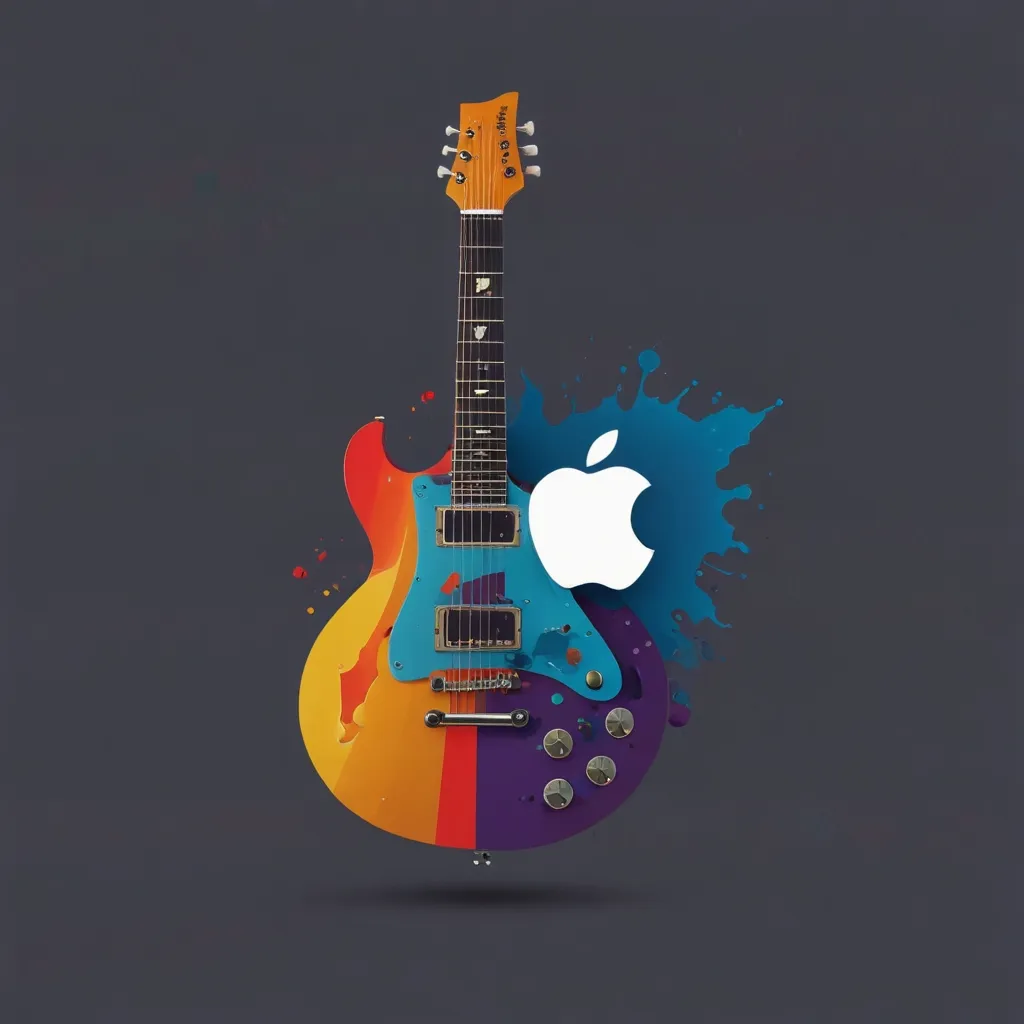C# isn’t just another programming language. It’s the rockstar language that emerged from Microsoft’s labs in 2000, thanks to the genius of Anders Hejlsberg. This bad boy was created to give Java a run for its money, and boy, did it ever deliver. It’s all about ease, being object-oriented, and versatile, making it a darling for developers everywhere.
Way back, C# could’ve been called COOL - “C-like Object Oriented Language.” But a name clash issue had Microsoft switch it to C#. The language was born out of Microsoft’s .NET initiative, aimed at setting a sturdy framework for a myriad of apps.
If you dabble in coding, you know C# is super adaptable. It thrives in multiple programming paradigms and isn’t bound just to Windows. You can find it on open-source platforms too. Its extensive library and static typing make reading and maintaining code so much less of a headache.
Talking about where C# really struts its stuff, game development with Unity is a prime example. Unity is a massive deal in the gaming world, and C# is its perfect partner. Think about games like RimWorld and countless others. With C#, developers are crafting games that can run on almost any modern device or console, packing serious AI, graphics, and game logic.
And it doesn’t stop at games. C# is a powerhouse in enterprise software development too. Professional and dynamic websites, web services, and desktop applications on the .NET platform often find their foundation in C#. Big names like Microsoft, Stack Overflow, and Trustpilot trust this language for their backend services and cloud-based solutions. For instance, Stack Overflow’s backend is solidly grounded in C#, while Microsoft leans on it for Azure application developments.
For those into desktop and mobile apps, C# delivers again. With frameworks like Xamarin, you can design cross-platform apps that feel at home on Windows, iOS, and Android. This means you’re not stuck learning different languages for different devices—a giant win for developers and businesses aiming at widespread app compatibility.
Web development? C# has a good grip here too. Building scalable and maintainable sites becomes smoother with its object-oriented nature. Tools like ASP.NET Core and .NET MAUI offer robust libraries for web and UI development, making complex web apps easier to handle.
Step beyond the mainstream, and you’ll find C# being the go-to for a bunch of other things. Workflow applications that automate tasks, IoT software for smart devices, and even projects in network and security monitoring, ETL processes, AI, and machine learning use C#. The language is truly versatile, finding its place in realms you might not have expected.
Why is C# such a hit among developers? It’s user-friendly, especially if you’re coming from a C or C++ background. It’s packed with libraries and tools that streamline development, and the .NET runtime’s automatic memory management really cuts down on those annoying memory-related bugs.
Then there’s the community. C# boasts a huge, active community that’s always ready to help. This makes getting into C# less daunting for newbies and gives seasoned developers a robust support network. Plus, Microsoft’s professional support adds a layer of reliability.
When it comes to scalability and performance, C# stands tall. It can handle growing applications and maintain their efficiency, thanks to its static typing and extensive libraries. While it might not match the raw speed of low-level languages like C++ in some instances, for most applications, its performance is more than up to snuff.
In the real world, C# is everywhere. ERP systems in countless businesses, network and security monitoring services, military and government security systems – they all rely on C#. Developers also use it for custom command-line tools, mobile biometric identification software, and more niche applications.
So there you have it, C# is not just another programming language. It’s built its own legend in the software development world. From gaming to enterprise apps, and from web development to IoT, C# has proven itself a versatile and powerful tool. If you’re building a game, a web app, or a beefy enterprise solution, you’d be wise to give C# a serious look.






